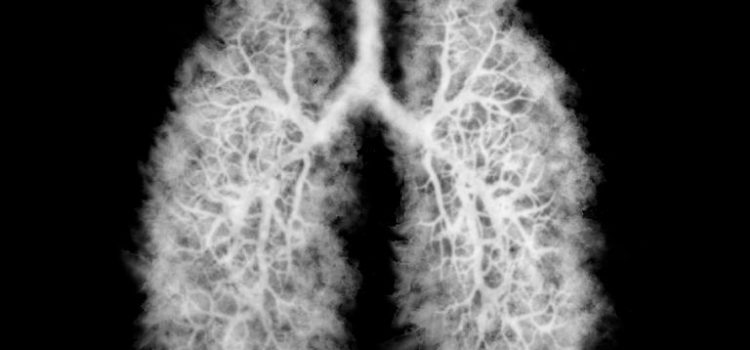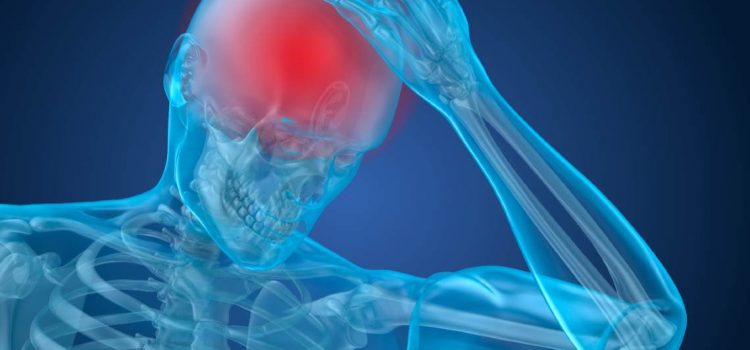Urgent message: LGBTQ individuals are subject to implicit and explicit bias in our society, ranging from microaggressions and antagonistic legislation to overt discrimination and harassment. This can inhibit willingness to seek medical care—and, subsequently, lead to worse health outcomes. Given the more accessible, episodic nature of urgent care, understanding how word choice and other subtle cues communicate our competency in working with LGBTQ patients can help us engender trust more quickly. INTRODUCTION The goals for …
Read More









